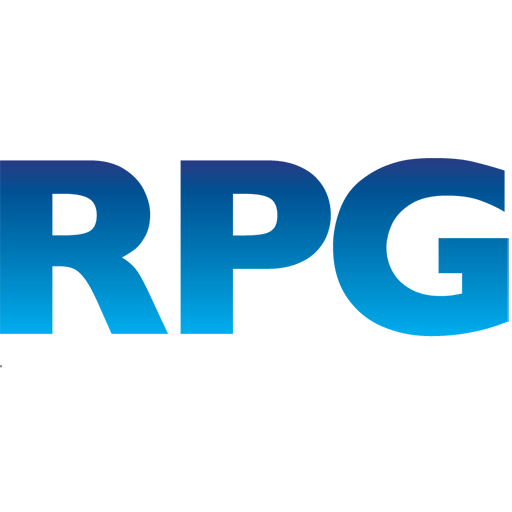Are you considering conducting focus groups in and around the St. Louis, MO area?
Are you looking for expert advice in designing a focus group study that will help you obtain the highest quality data?
Are you looking for a skilled and highly experienced focus group moderator to help bring validity to your qualitative project?
Are you hoping to have video or audio recordings of the interviews that can be cut into a clip reel you can use at a presentation or meeting?
We can help!
The Research & Planning Group has conducted thousands of focus groups over the last four decades, and we can help you through the entire process!
Focus groups are a popular method of marketing research because they are:
- Observable by clients and stakeholders
- Relatively quick and compact compared to other forms of research
- Capable of testing stimuli such as imagery, video, sound or text
- Excellent for provoking insights in those who observe the groups live or view a video recording of them.
The ultimate purpose of focus group research is generally to do at least one of the following:
- Obtain a stronger understanding of a topic from the participants’ point of view
- Test ideas or stimuli for resonance or repulsion
- Drill down on an area that needs to be more deeply understood
- Hear the voice of participants expressed in their own words and language to bring an organization closer to its customers or stakeholders.
Here are a few things we’ve learned about focus group research:
- Focus groups are best used for research where you want to hear quick reactions. One of the biggest strengths of focus groups is their ability to provide a lot of data in a compact session. But because individual group members receive very little time to speak (typically 5-10 minutes per group), focus group discussions tend to reflect what’s top of mind instead of what’s buried beneath.
- Focus groups are excellent for brainstorming new ideas. Because focus groups are centered on exchanging opinions in a discussion where there are no wrong answers, they are an ideal setting for generating ideas. Group members are able to play off one another and achieve creative focus far more easily than individual participants might in in-depth interviews.
- Focus groups are best done in pairs. One of the biggest limitations of focus groups is that the opinions of one group cannot be projected to the broader population. But when two or more focus groups are conducted with the same general makeup of participants, the research team can isolate insights by exploring the common themes that arise amongst groups.
- When comparisons between different groups of people are needed, more focus groups are needed. Say a study requires comparisons between those who are just entering the workforce and those who are getting ready to retire. It might be tempting to hold two focus groups – one for each of type of people – but the reality is that two pairs of focus groups are required. This allows the research team to first isolate themes common to each type of worker group and then to compare or contrast between the two types.
Common points of comparison requiring multiple pairs of groups may include:
–Existing customers and prospective customers
–Customers from one region and customers from another
–Male consumers and female consumers
–Older consumers and younger consumers
–Infrequent customers and frequent customers
At RPG, we often design and conduct focus group studies from start to finish with heavy collaboration from our clients. While we are the experts on conducting research, we know our clients are experts on what we do. When we work together as a team, we can ensure that we get the best possible information to help our clients uncover what they need to know through research.
If you’d like to learn more about our approach towards focus group research, feel free to contact us. We’re always here to be a resource, and we’re happy to help you however we can!

